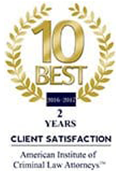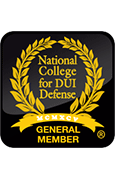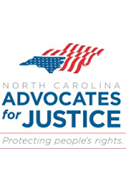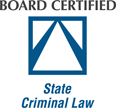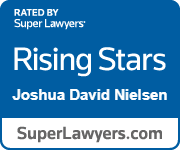What you should know about controlled substances
While many drugs can be found in stores, other substances are not as freely accessible. People may need a prescription from a doctor before purchasing medication. However, even some drugs are not accessible to the general public or used in any medical field. The accessibility and management of substances is determined by the Controlled Substance Act. The Controlled Substance Act can also have a huge effect on drug possession cases. Here is what you should know: What is the Controlled Substance Act? The Controlled Substance Act is a federal policy enacted in 1970 to regulate the manufacturing, distribution, importation, exportation and use of...
Continue reading







